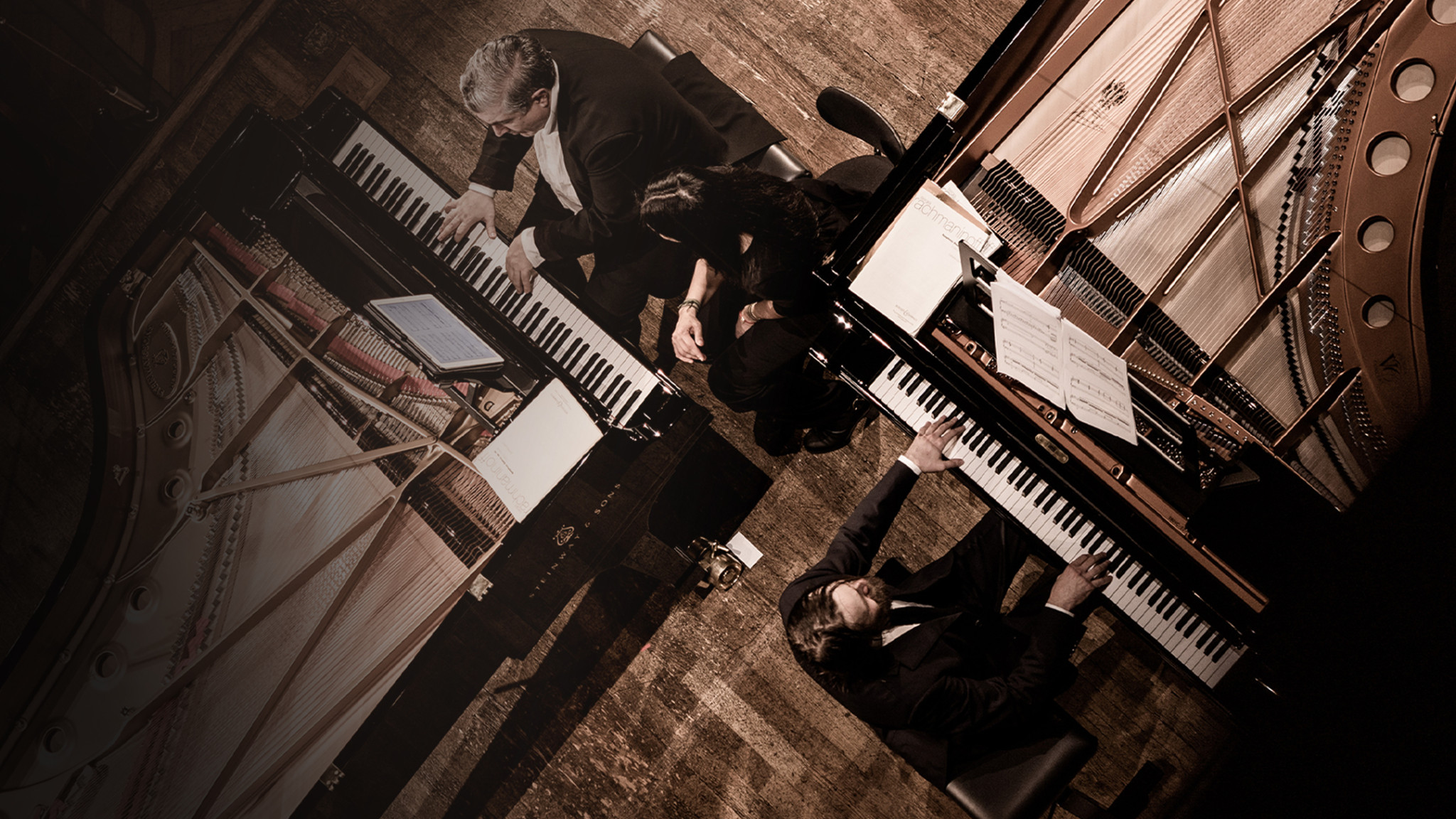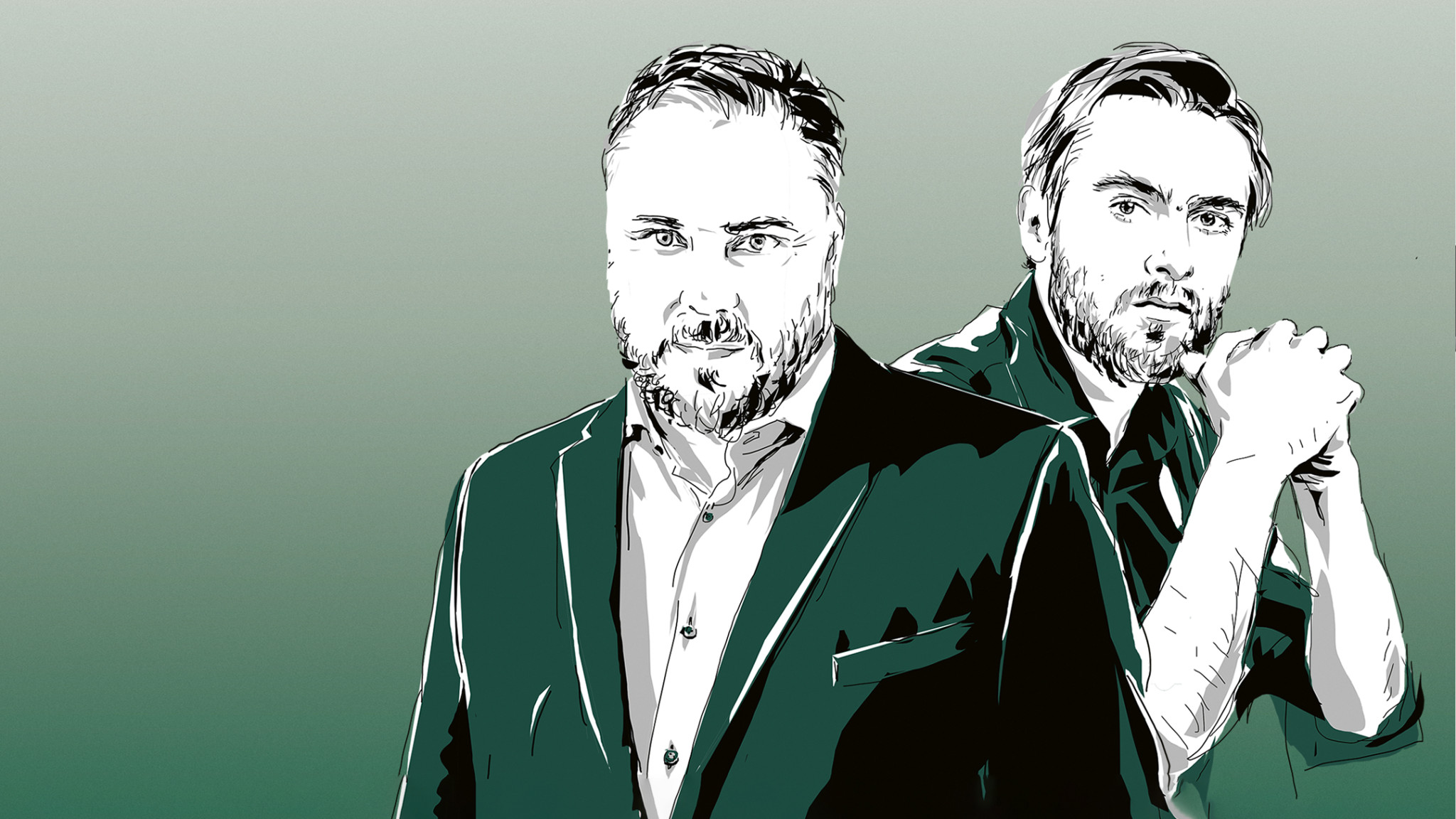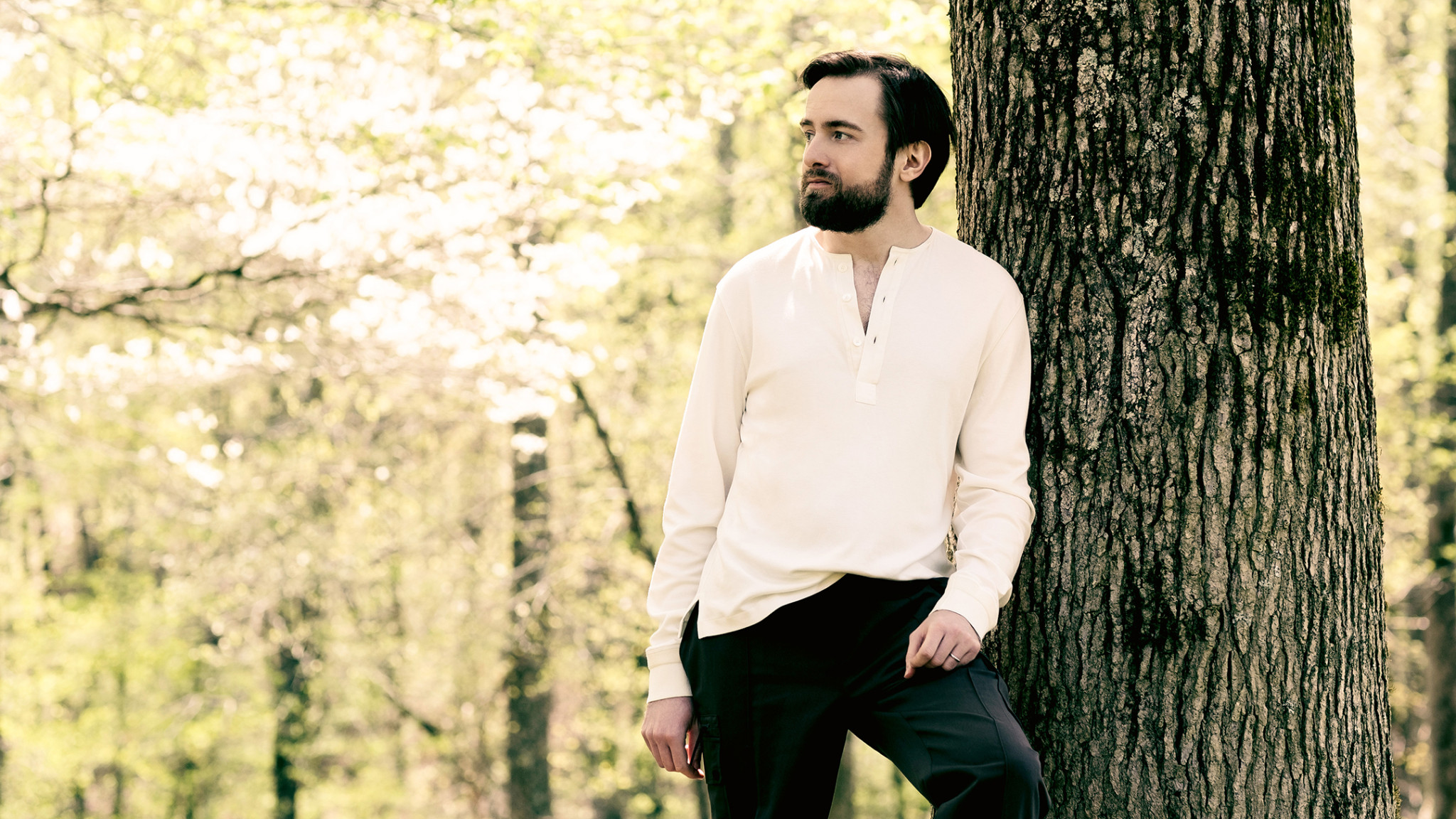Daniil Trifonov: Silver Age

The title of Daniil Trifonov’s new album, Silver Age, recorded with Valery Gergiev and the Mariinsky Orchestra, recalls a time when Russia’s composers, poets, artists, dramatists and star performers were among the most original anywhere in the world. The artistic audacity and brilliance of this turbulent era in the country’s history is illustrated with Daniil Trifonov’s choice of works by three of its most pioneering composers, Scriabin, Prokofiev and Stravinsky.
“Scriabin,” he notes, “wished to combine all aesthetic experience in a single, mystical, musical vision; Stravinsky unified the arts through a radical re-interpretation of ballet; Prokofiev, meanwhile, embraced cinema as the most complete and modern synthesis of the senses.”
“All credit to the young Russian virtuoso pianist Daniil Trifonov for beginning his artist-in-residence season at the New York Philharmonic … with a scintillating account of this Scriabin rarity … [He] played with an uncanny balance of tenderness and flair: call it soft-spoken virtuosity.”
New York Times, 28 November 2019
The Russian pianist’s new album, which will be available in double disc and e-album formats, includes Scriabin’s Concerto for Piano and Orchestra in F sharp minor Op.20, Prokofiev’s Piano Concerto No.2 in G minor Op.16 and Stravinsky’s Three Movements from Petrushka. The tracklist also comprises Stravinsky’s Serenade and excerpts from The Firebird (arranged for piano by Agosti), together with Prokofiev’s Sarcasmes Op.17, Piano Sonata No.8 in B flat major Op.84 and the “Gavotte” from 3 Pieces from “Cinderella” Op.95 No.2.
The impresario Serge Diaghilev, founder of the Ballets Russes, included Scriabin’s Piano Concerto in his “Historic Russian Concerts” (Concerts historiques russes) held in Paris during the spring of 1907. “Though both Rachmaninov and Scriabin represented the younger generation of Russian composers at the turn of the 20th century,” comments Trifonov, “if Rachmaninov can be thought of as a composer staring longingly towards the horizon, then Scriabin was the one imagining the world beyond it.”
Diaghilev subsequently commissioned Igor Stravinsky, an emerging talent virtually unknown beyond St Petersburg, to compose a new work for the Ballets Russes. The Firebird proved a sensation of the company’s 1910 season and, together with Petrushka (1911) and The Rite of Spring (1913), secured Stravinsky’s place among the 20th century’s most influential composers. In line with Silver Age thinking, he continued for the rest of his long life to explore and develop new styles.
“Stravinsky was a kind of anti-Romantic – the second movement Romanza of the Serenade, dedicated to his wife, could not be less sentimental,” observes Daniil Trifonov. “He was like a chameleon. From his Russian style to Neo-classicism, through his later experiments in serialism, jazz and many others, it is music written in playful abstraction. The composer’s personal feelings remain hidden, but his artistic signature is always apparent.”
The pianist’s programme captures the future-facing, rule-defying energy of landmark pieces by three exceptionally gifted composers. It also reveals how elements of Silver Age aesthetics, including irony, a fascination with folk culture and ideas drawn from the past, surfaced in later compositions by Prokofiev, including his score for Cinderella and the Eighth Piano Sonata, a mature exploration of the musical ideals of the years in which he had established his reputation as an iconoclastic young composer-pianist.
Above all, Daniil Trifonov’s choice of music mirrors the inventive variety of this brief but explosive cultural moment. Having paved the way for future artistic achievements, the spirit of Russia’s Silver Age is justly celebrated in these new recordings.
The album is set for release on November 6 and can be pre-ordered from today. Listen to the pre-release track of the finale from Stravinsky’s Firebird suite.





